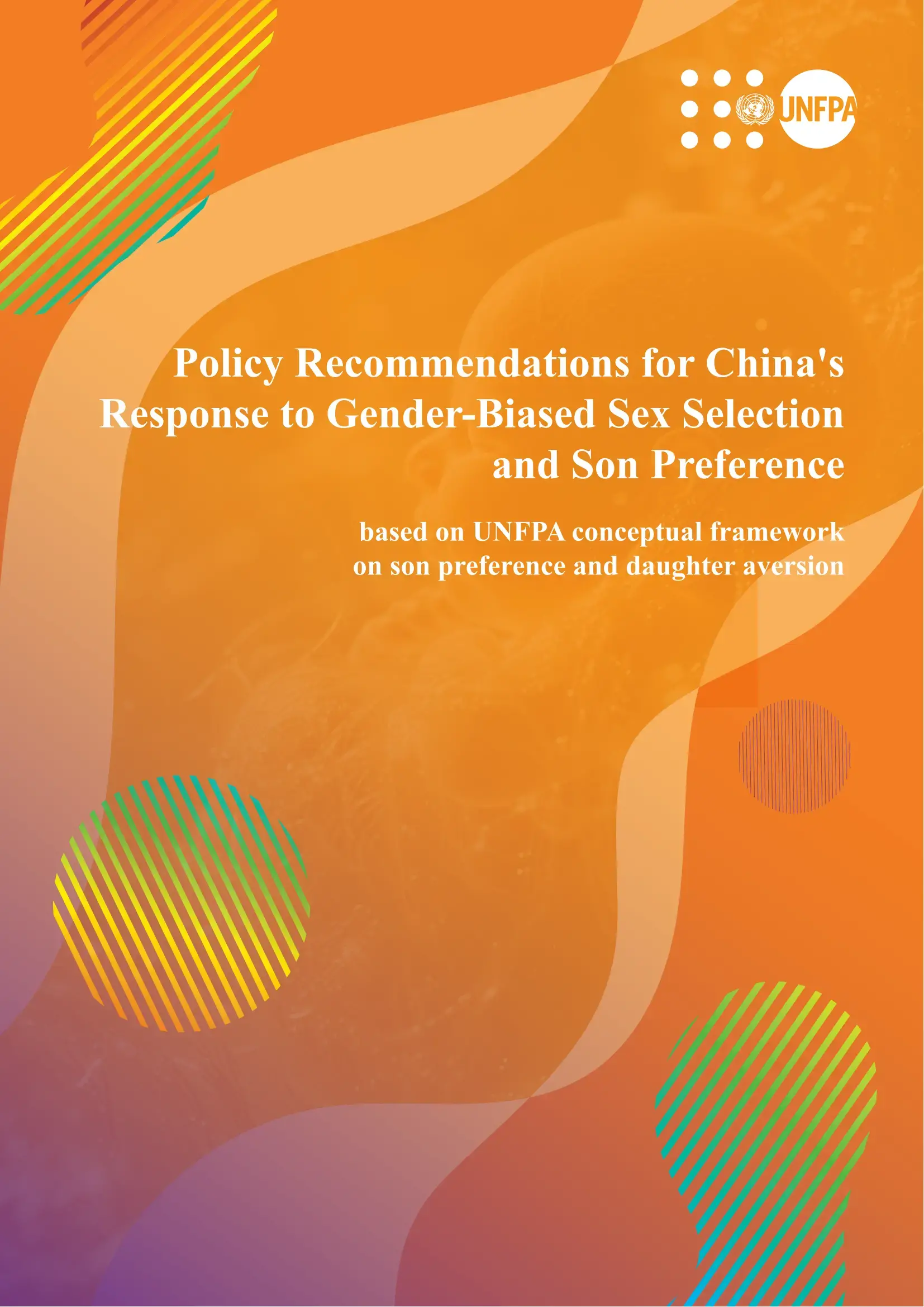Gender-biased sex selection (GBSS) involves the use of various techniques or methods to control the gender of offspring before or during pregnancy. It has led to an abnormally high sex ratio at birth in many parts of the world. China is one of the countries with the longest period of abnormal sex ratio at birth in the world, and this practice has also persisted for a long time. Gender inequality is the root cause of sex selection, which is reflected in multiple dimensions such as personal preference, culture of the society, material and institutions. This inequality not only leads to the behavior of fetal sex selection, but also triggers the phenomenon of postnatal favoritism towards son, which has a negative impact on the survival and development of women.
In recent years, the Chinese government has attached great importance to the problem of an unbalanced sex ratio at birth and has adopted a series of policy measures, including strengthening the construction of laws and regulations, cracking down on illegal fetal sex determination and selection, and carrying out publicity and education activities. These measures have to some extent weakened the son preference and promoted a steady decline in the sex ratio at birth. However, the traditional son preference and the patriarchal mindset have not completely disappeared in the short term, and new social phenomena and challenges are constantly emerging.
To more effectively address this issue, it is necessary to deepen the understanding of the problem of a high sex ratio at birth, and to regard it as an important indicator for measuring gender equality and women's development. At the same time, strengthening interventions at the individual and family levels is crucial to further advance gender equality in these spheres. In addition, it is necessary to further elevate the levels of education for women and promoting gender equality in employment and the workplace and provide women with more development opportunities and resources. Innovating governance measures are also key to addressing the issue of gender selection. The government should promptly identify and promote targeted and effective policy measures, integrate a gender perspective into all policies, and ensure gender equality in policy formulation and implementation. At the same time, it should strengthen organizational, and personnel guarantees for the governance of the sex ratio at birth.


